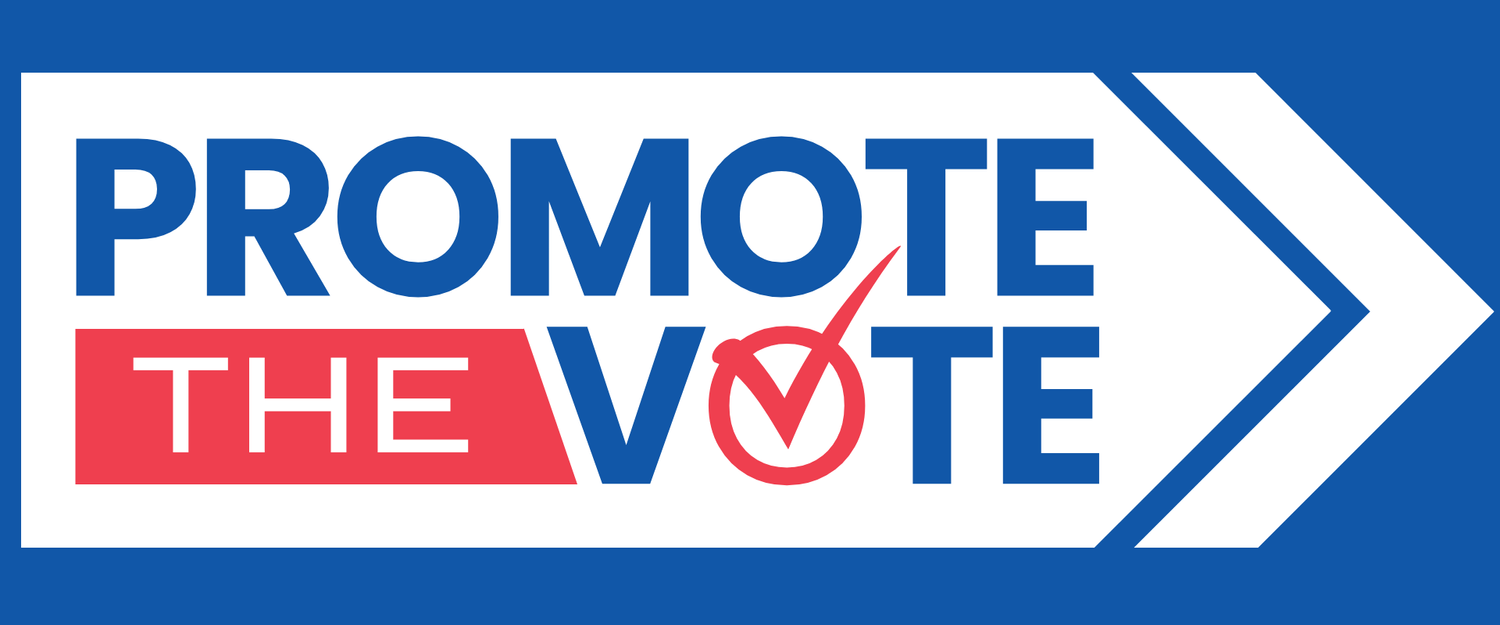
Time is running out to pass the Michigan Voting Rights Act!
The MVRA bills passed the Michigan Senate in September, but they have not yet passed the Michigan House. In order for the bills to go into effect next year, they must pass the Michigan House and be signed by the Governor within 14 days. There are only eight days left in the current legislative session for the Michigan House to vote on the MVRA before the new State House is sworn in in January 2025.
An overwhelming majority of Michiganders–regardless of party–support the Michigan Voting Rights Act.
77% of Michigan voters support the MVRA. This support transcends partisan and demographic lines. Learn more here.
Take action to demand that state legislators get the job done and act NOW to protect our voting rights by passing the Michigan Voting Rights Act. Join us in Lansing on December 4 or by contacting your state representative and asking them to prioritize passing this critical legislation:
The Fight for Voting Rights in Michigan Is Urgent
The federal voting rights act (VRA) is one of the most important civil rights laws ever passed, but it alone does not do enough to protect Michigan voters. Federal VRA protections have been weakened by federal courts in recent years and are at serious risk of further erosion by an increasingly hostile federal judiciary. And we can no longer expect robust enforcement of the federal VRA under the new administration. That is why we need state leaders to stand up for equal, inclusive democracy right here in Michigan and pass the Michigan Voting Rights Act. The final eight days of this legislative session will be our last chance in many years to protect Michigan voters, and we cannot risk losing this crucial opportunity.
The Michigan Voting Rights Act Will Protect Key Voting Rights
The Michigan Voting Rights Act–or MVRA–is the name for a package of four bills, Senate Bills 401, 402, 403, and 404, introduced in the Michigan Senate in June 2023.
Together, these bills will make Michigan’s democracy more inclusive by:
● Expanding protections for voters with disabilities.
● Promoting transparency by creating a central public hub for election data.
● Expanding language assistance for voters with limited English proficiency.
● Enshrining robust protections against voter suppression and vote dilution into state law.
● Protecting access to curbside voting, for voters who are unable to enter a voting location.
● Ensuring that voters receive advanced notice of changes to key electoral procedures.
● Providing efficient and practical ways to resolve local election administration issues before litigation occurs.
● Launching a remedy that allows courts to hold local governments accountable for up to ten years following a voting rights violation.

